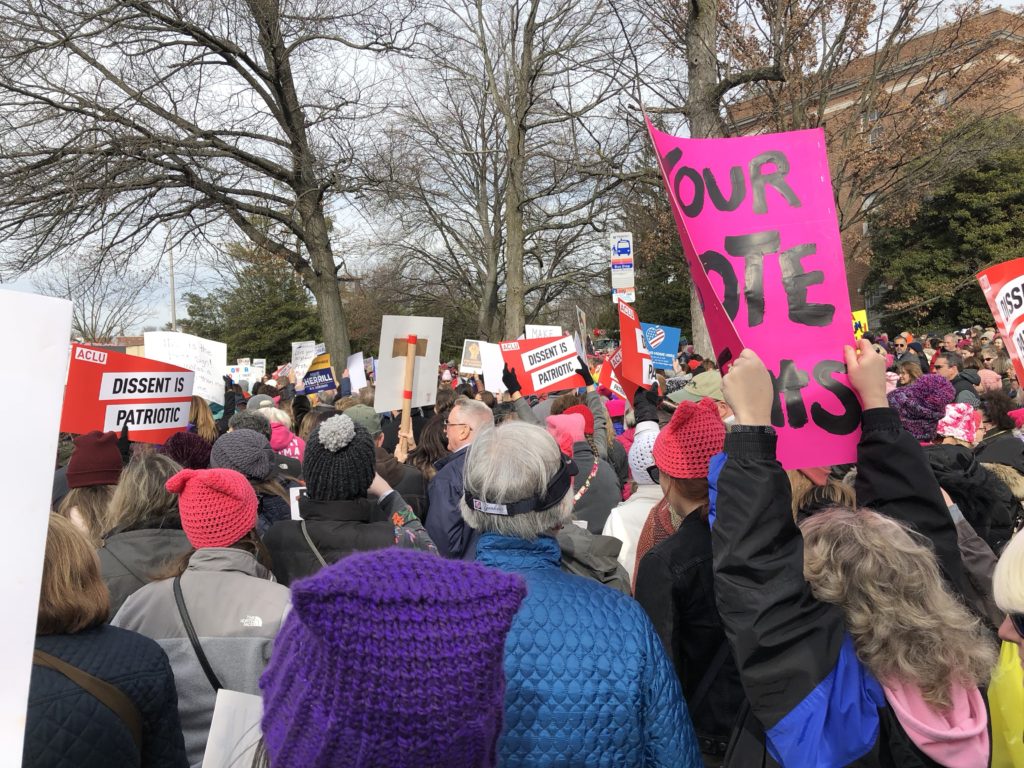
We have been quiet for a serious stretch of time here because there has been a lot of listening to do. This has been an extraordinary moment for social justice and environmental stewardship. I said extraordinary — which is not always the same as good. So many issues of profound importance, from DACA and Dreamers to #MeToo to Bears Ears, have swirled around us. It was the first anniversary of the Women’s March and now it is Black History Month again.
This is still a time to do more listening than talking. But, we also need to selectively raise our voices to address inequity and injustice, particularly when the tools for effecting change are within our means and grasp. On this return to the RIS blog, I call attention to two articles just added to our Library. The first discusses how the stakeholders in market indexing can effect change on the matter of corporate exposure to or involvement in genocidal activities. The second examines the shortcomings of current investment practices when it comes to hierarchy and accountability for sexual assault and harassment in the corporate environment and how investors can hold executives and fiduciary stakeholders to a more exacting performance standard with consequences for failure.
As an alternative to the PDFs in our library, here are live links to the publisher’s website:

